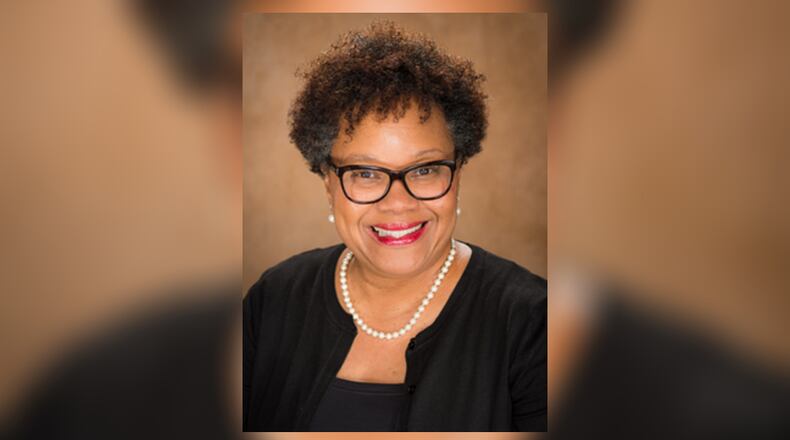Turns out, Interim Superintendent Ramona Tyson’s got her work cut out for her.
Monday, she and interim Chief Financial Officer Robert Morales told the DeKalb County Board of Education during its winter retreat that it would cost more than $5 million in additional funds to complete a software integration process started in 2016 by the district that was supposed to be complete by last year.
That setback was preceded by efforts to submit financial documents to the state for an audit of the 2018 fiscal year, which were nearly a year late. The missing audit is why Moody's Investors Service recently announced the district's credit rating was under review and could be stripped.
Tyson's team also submitted a new redistricting plan that sought to immediately alleviate some overcrowding at various schools across the district, which prompted criticism from some parents, while taking a look at outstanding projects in the latest tax-based program for capital projects, which is more than $100 million over budget.
“One of my top priorities as interim superintendent has been to put DeKalb County School District on firm footing for the next superintendent,” Tyson said in a statement delivered by a corporate communications firm, part of recent efforts to address the district’s communication woes.
In the two months since taking the reins at the DeKalb County School District, Tyson has made it a priority to shore up loose ends left by former Superintendent Steve Green as the district prepares to bring in his successor. Tyson's role as superintendent goes until the end of June — or sooner, should the district select a new leader before then.
“This process means we are going to discuss and deal with some issues that have previously been in the background,” she said.
So far, she’s identified the Education-Special Purpose Local Option Sales Tax V program, which collects a one-cent sales tax approved in 2016 for various capital projects and infrastructure improvements, as well as the software integration, audits for the 2017-2018 and 2018-2019 school years, the budget for the upcoming school year, and student academic improvement as priorities.
“Accountability and transparency to the Board of Education and DeKalb County parents and stakeholders are essential during this process,” she said.
Monday, during the board retreat at the Georgia Tech Hotel and Conference Center, Morales said most of the $12.8 million budgeted had already been spent to integrate district software functions into Munis, a cloud-based single administrative system. About $5.5 million is needed to get the project back on track.
Munis will bring together several district functions — including finance, purchasing and human resources — and is expected to improve processes as well as allow for better communication between departments. Several departments already are using the software.
Leadership changes — including the departure of former Chief Technology Officer Gary Brantley, who officials said was leading the project, in 2018 — caused delays in the process.
“In hindsight, this should not have been strictly an IT project,” Morales said. “It should have been a collaboration of finance, human resources, operations and IT. There is an issue with staff skill set. There are data conversion issues. There was abandonment of Tyler’s project management methodology. … And we have budget drain due to extended assistance with configuration and repeated training.”
When Green, the former superintendent, left the district in November, the district was already behind on submitting documents for its audit for the 2018 fiscal year. Those documents were due by the end of 2018. And the district was on course to miss the deadline for 2019. Tyson made it a priority coming in, and documents for both years were submitted to the state the day after Christmas.
School board members say they have been disappointed with some of what has come out of Tyson’s analysis of district functions, but they are mostly pleased with the way things are being addressed.
“We’re still trying to figure out the viability of some of these options,” board member Stan Jester said about the construction and redistricting plan. “Obviously, (Tyson) is moving a thousand times faster than any predecessor. I think we’re giving her leeway to get things done.”
Board member Joyce Morley said Tyson is working on a laundry list of issues that the public is yet to see. While she has confidence in Tyson’s ability, Morley said too much needs to be done to get the district ready for new leadership.
“Under certain leadership, (the board) wanted to make it look good to the public, to not look like a bad choice had been made,” Morley said. “It’s much bigger than what Ms. Tyson presented. I think she’d be dead if she tried to do all of it. She can do what she can do. She’s having to retrain people. People weren’t allowed to do their jobs. They operated in fear.
“The public needs to know the disrepair this district was left in.”
About the Author
Keep Reading
The Latest
Featured



